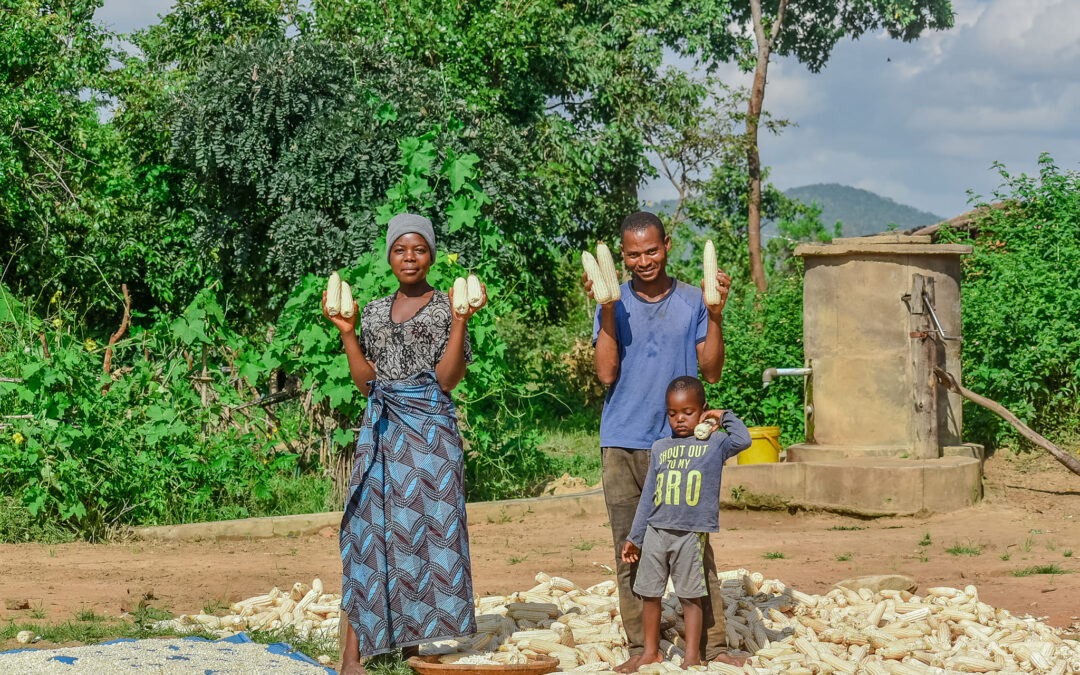Permaculture is proving to be a successful approach to farming in Malawi, with farmers using permaculture designs and principles able to adapt and grow food at multiple times with multiple harvests in one season throughout the year. This is particularly important given that February is typically considered the hungriest month in Malawi, as most farmers go to bed on an empty stomach. Rising costs of farm inputs and delayed subsidy programs have also added to the challenges facing farmers.
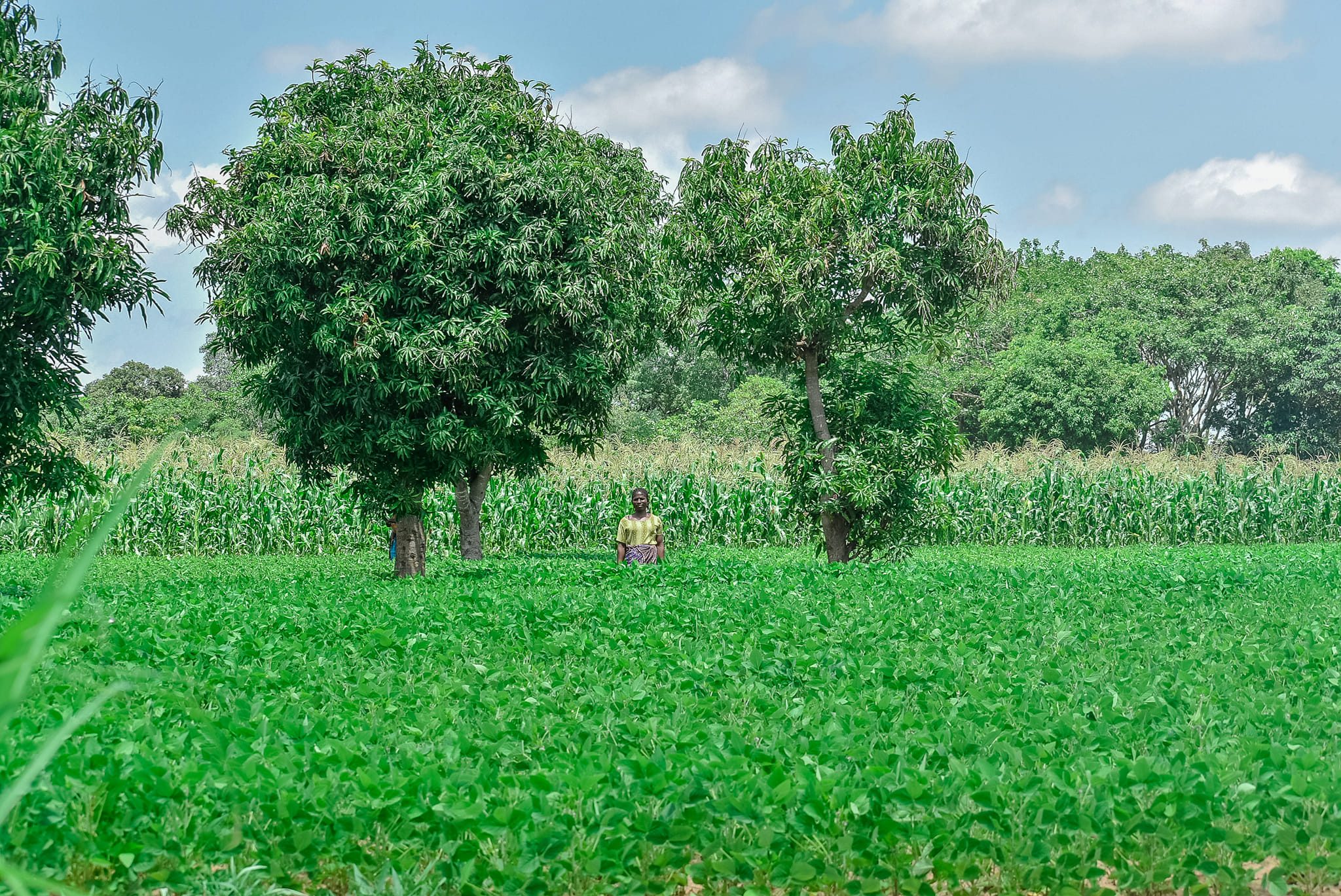
A permaculture-trained farmer standing in her maize and Soya beans field
Despite these difficulties, the Permaculture Paradise Institute is attracting visitors from various districts in Malawi who are keen to learn about permaculture and its benefits. Families, individuals, schools, churches, and other groups are welcome to book in for a lifetime experience at the paradise, where they can witness the success of permaculture first-hand.
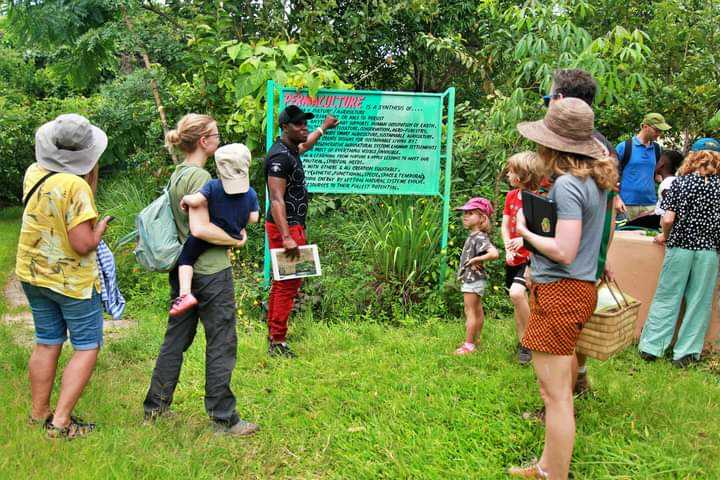
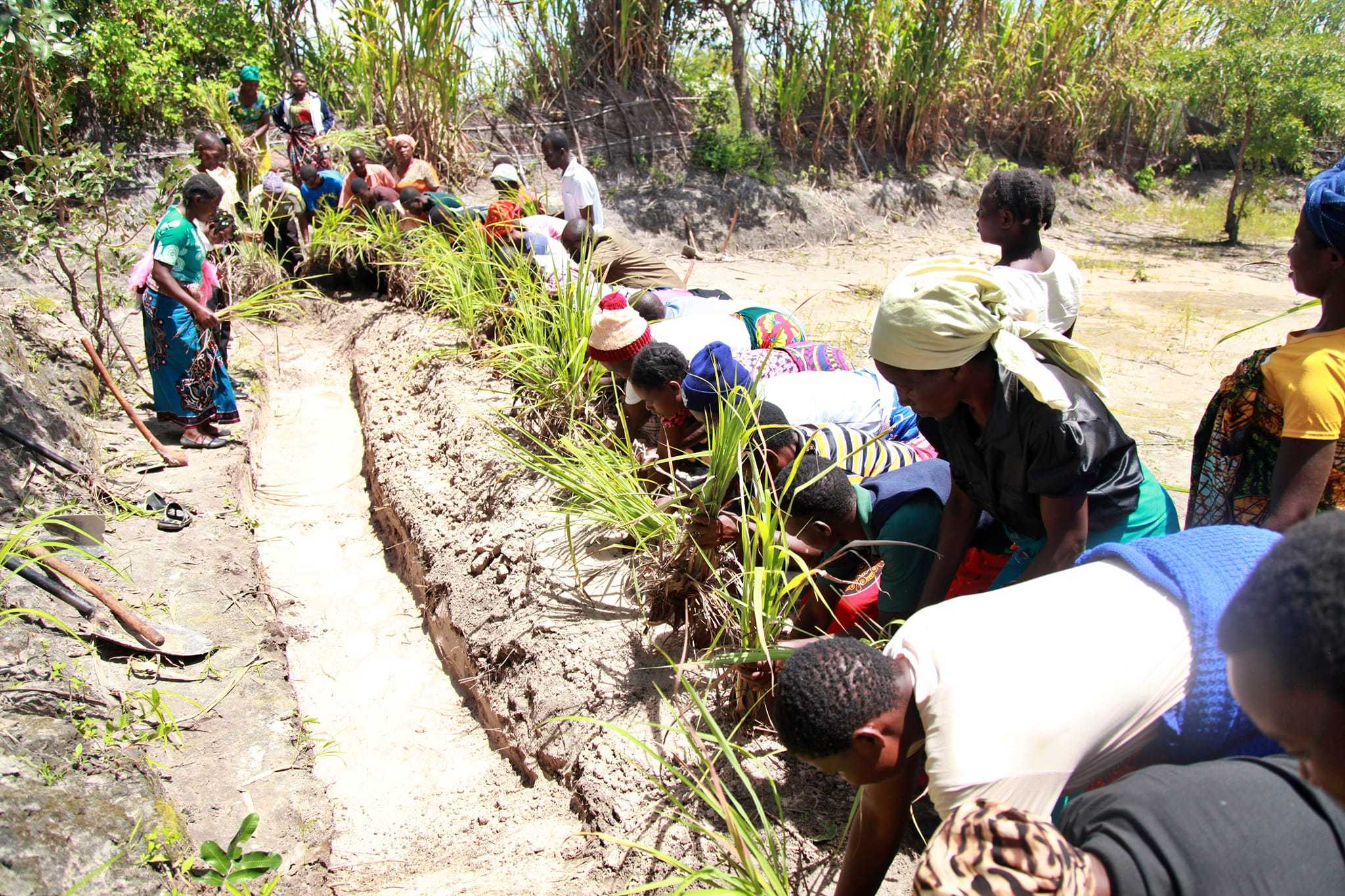
Day two of permaculture Training Course in Mchinji
In addition to welcoming visitors, the Institute is also offering practical permaculture training courses. The first course in Mchinji district saw 40 lead farmers undergo intensive hands-on training to become trainers themselves, with the aim of training a total of 800 farmers in the first two months of 2023. The long-term goal is to train at least 10,000 farmers and establish 10,000 food forests, with the ultimate aim of planting 100,000 food forests by 2025.
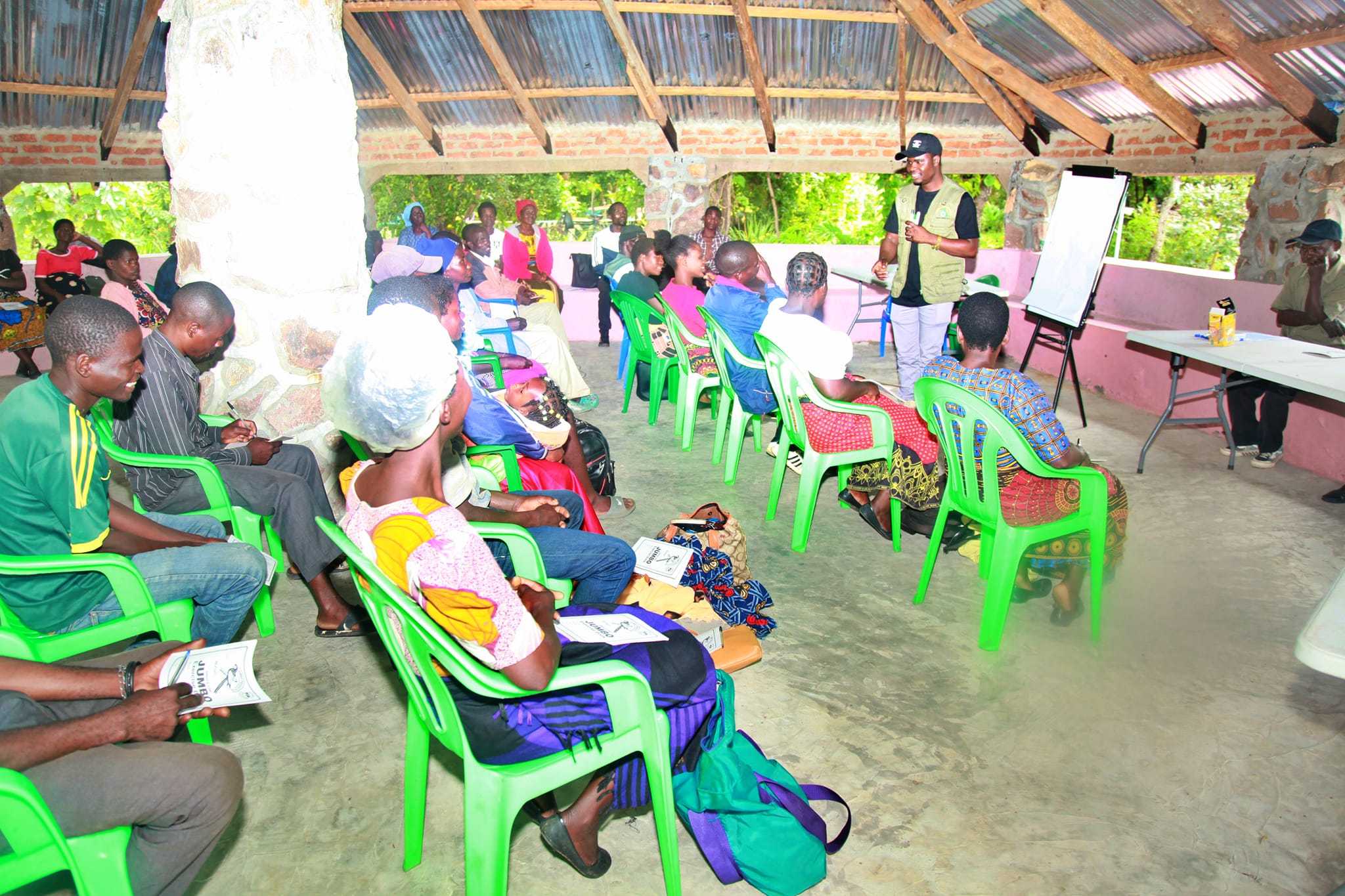
The training course covers a range of topics, from sustainable soil management to ecological principles for water management and propagation. Farmers who have completed the course are already seeing promising results, with organic methods of farming and the incorporation of crop residues and compost into the soil proving successful.
Booking is still open for the permaculture training course, and anyone interested in learning about permaculture and sustainable farming practices is encouraged to get in touch with the Permaculture Paradise Institute. By working together and embracing permaculture principles, farmers in Malawi can adapt and thrive, even in the face of challenges like rising costs and delayed subsidies.

